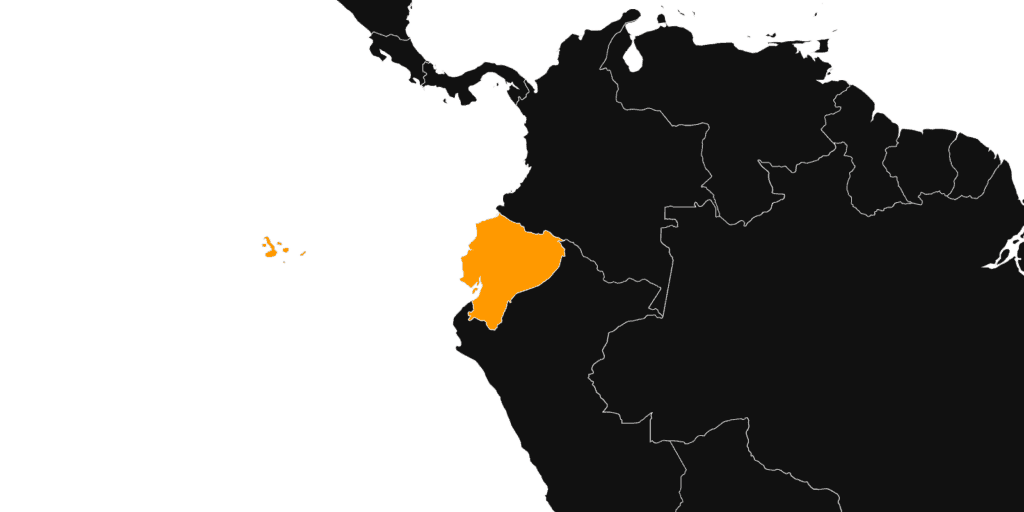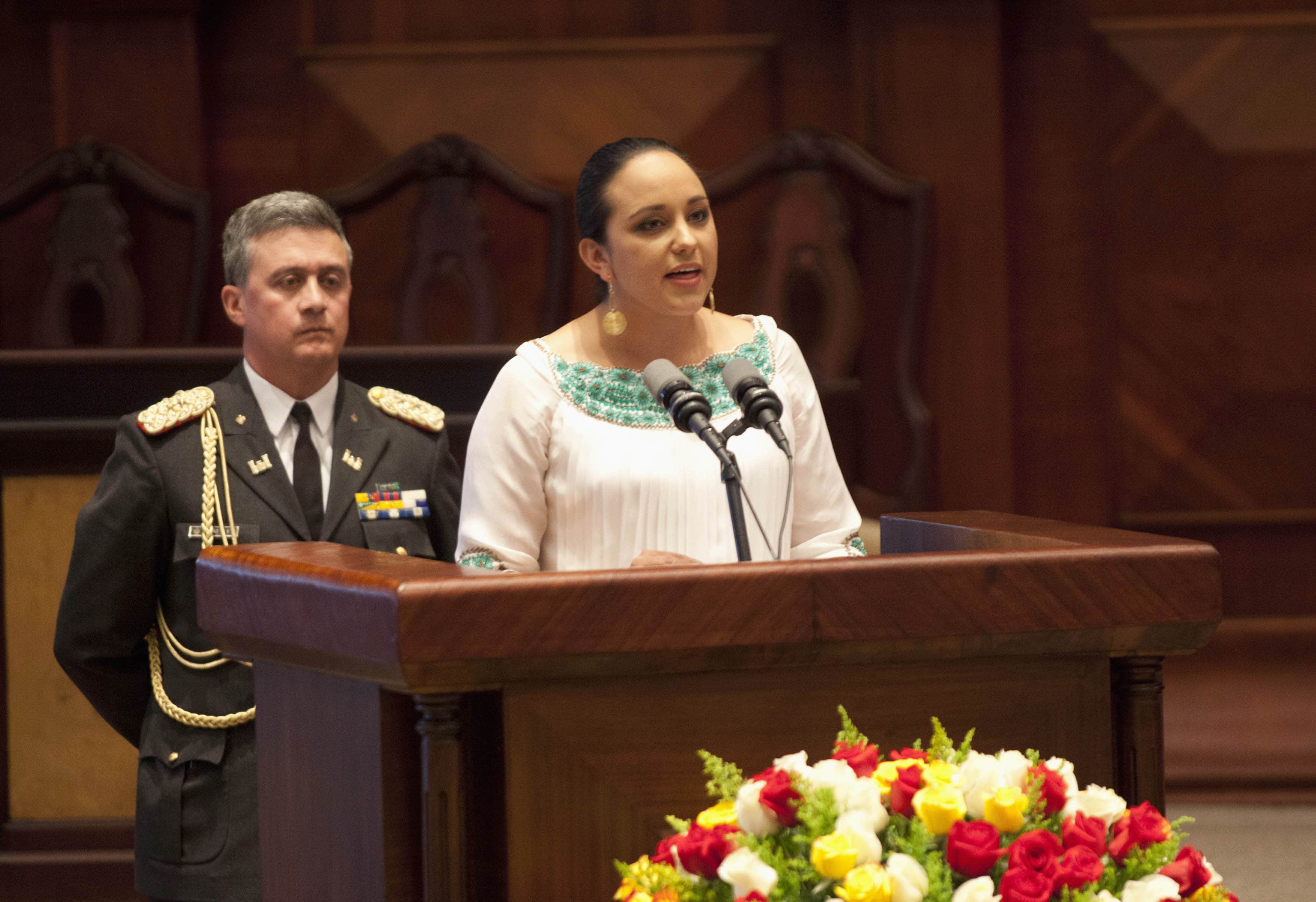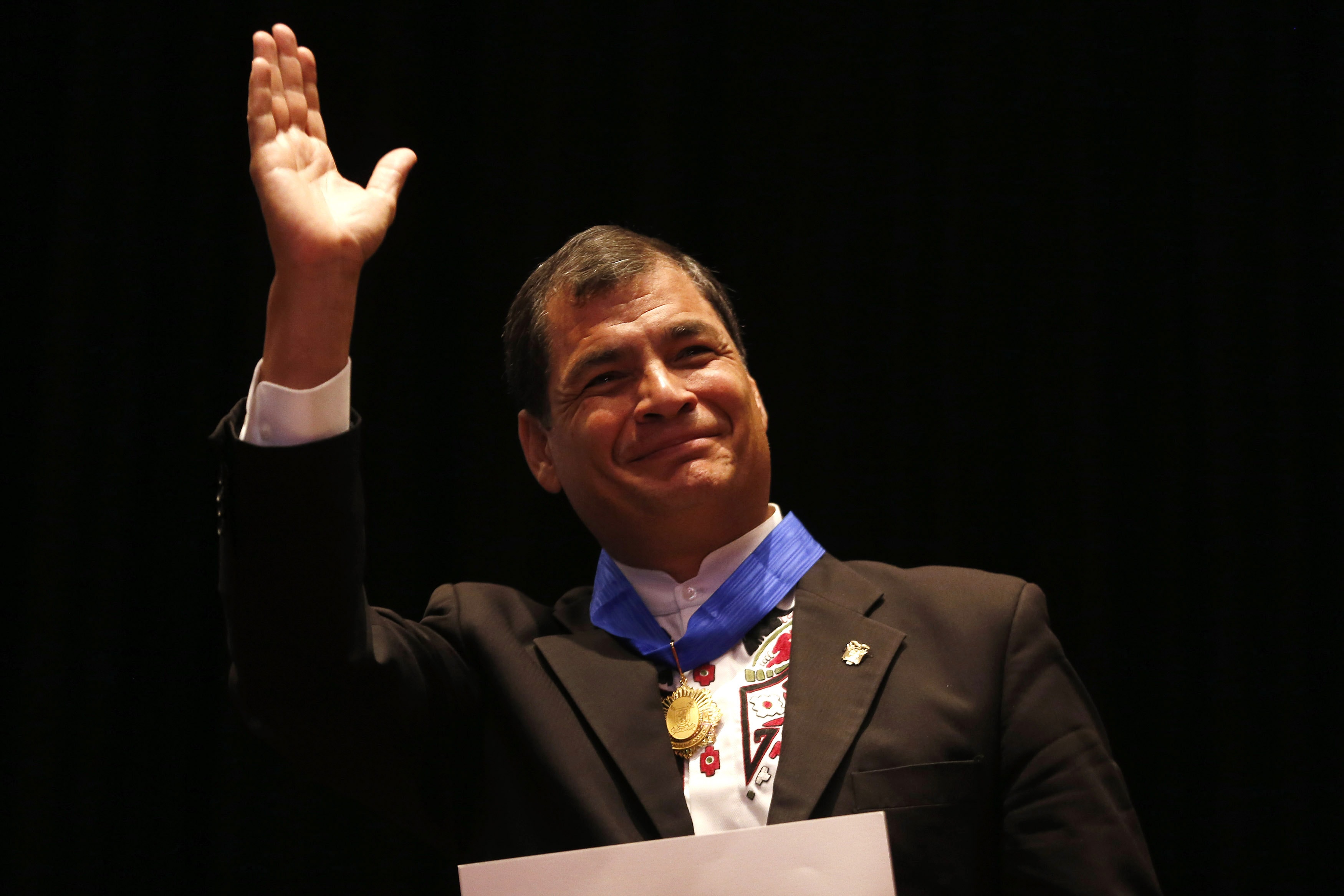

Ecuador: Proposed constitutional reforms could result in arbitrary restrictions on the media
“The proposed reforms would make it easier for the government to impose arbitrary restrictions on the media and routinely use the military in public security operations,” said José Miguel Vivanco, Americas director at Human Rights Watch

Ecuador daily fined just days after ending print edition
Ecuador’s Communication and Information Superintendence Office has sanctioned daily HOY’s publisher with a USD$57,800 fine for an alleged failure to publish the number of printed copies in circulation.

Ecuadorian newspaper ends print circulation, cites Communications Law as contributing factor
On 27 June 2014, Hoy newspaper announced in a press release its decision to stop producing the paper’s print edition, after 32 years of circulation. The daily print edition will be replaced by a digital version.

Ecuador’s Communications Law: 1 year later, 4 reasons why there’s little to celebrate
One year ago when the communications law was passed, IFEX members warned it could significantly restrict free expression in Ecuador. Now they are checking in on their predictions.

Communications body vows to investigate crime reports by local outlets in Ecuador
Two news reports, one issued on May 18 on the 360 Vision TV news show aired on EcuavisaTV, and the other, published in Vistazo magazine issue No 1121, have sparked reprisals from national and local authorities.

Government attacks deter press freedom in Ecuador
Almost a year after Ecuador’s Organic Communications Law was passed, many journalists say that the law has hindered press freedom on numerous occasions.

Three protesters held for nine days, charged with sabotage in Ecuador
In the early morning hours of 30 April 2014, three women were arrested for allegedly being involved in acts of sabotage. Two of the women are human rights activists.

Spanish firm abuses copyright act to silence critics of Ecuador’s government
A shady law firm in Spain called Ares Rights has been sending Digital Millennium Copyright Act takedown notices on behalf of several Ecuadorian state officials, targeting documentaries, tweets, and search results.

Court in Ecuador acquits suspects of involvement in journalist’s murder
On April 23, 2014, the Eleventh Criminal Court of Guayas acquitted four of the five suspects for the murder of journalist Fausto Valdiviezo, who was killed on April 11, 2013.

Ecuador’s Correa ignores his repression of critics at home
While Ecuador’s President Rafael Correa has been promoting himself through a public-relations campaign abroad, he has ratcheted up the suppression of critical voices within his own country.

Brother of murdered Ecuadorian journalist receives death threats
On 16 April 2014, Alfredo Valdiviezo, the brother of journalist Fausto Valdiviezo, who was killed on 11 April 2013, received a threatening phone call while at his mother’s home in the city of Guayaquil.

Ecuadorian newspaper fined after “failing to follow order” from communications authority
On March 24th, 2014, the Superintendence of Information and Communication (SUPERCOM) fined Diario Extra 10% of its last three months’ average income, for having committed the repeated crime of not complying with a resolution demanding a public apology and the correction of two headlines.

Ecuadorian activist detained after giving presidential caravan the “thumbs down”
On March 14th, 2014, David Marmol, an activist with the Yasunidos Collective, reported he was detained by members of the Presidential Guard and later beaten by unknown persons, for having made a “thumbs down” gesture when the presidential caravan passed by.

In Ecuador the battle for the truth continues
President Rafael Correa’s new media law has “undercut press freedoms,” and “opens the door to censorship by giving the government or judges the power to decide if information is truthful”, according to a new report by the US State Department.

Cartoonist publishes “corrected” version of political cartoon in Ecuador
On 5 February 2014, cartoonist Xavier Bonilla published a “correction” of his political cartoon about the search and seizure of computers from the home of journalist Fernando Villavicencio, after being ordered to do so by the Superintendence of Information and Communication.

Cartoonist sanctioned under Ecuador’s communications law
The Committee to Protect Journalists condemns the decision by Ecuador’s media oversight agency to use the country’s communications law to sanction the leading local daily El Universo over a critical cartoon. The agency fined the daily and demanded that the cartoonist “correct” the cartoon within 72 hours.